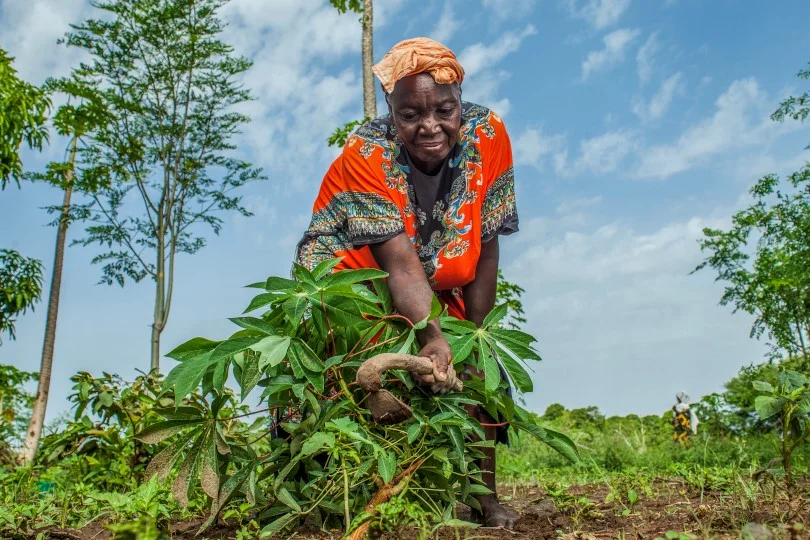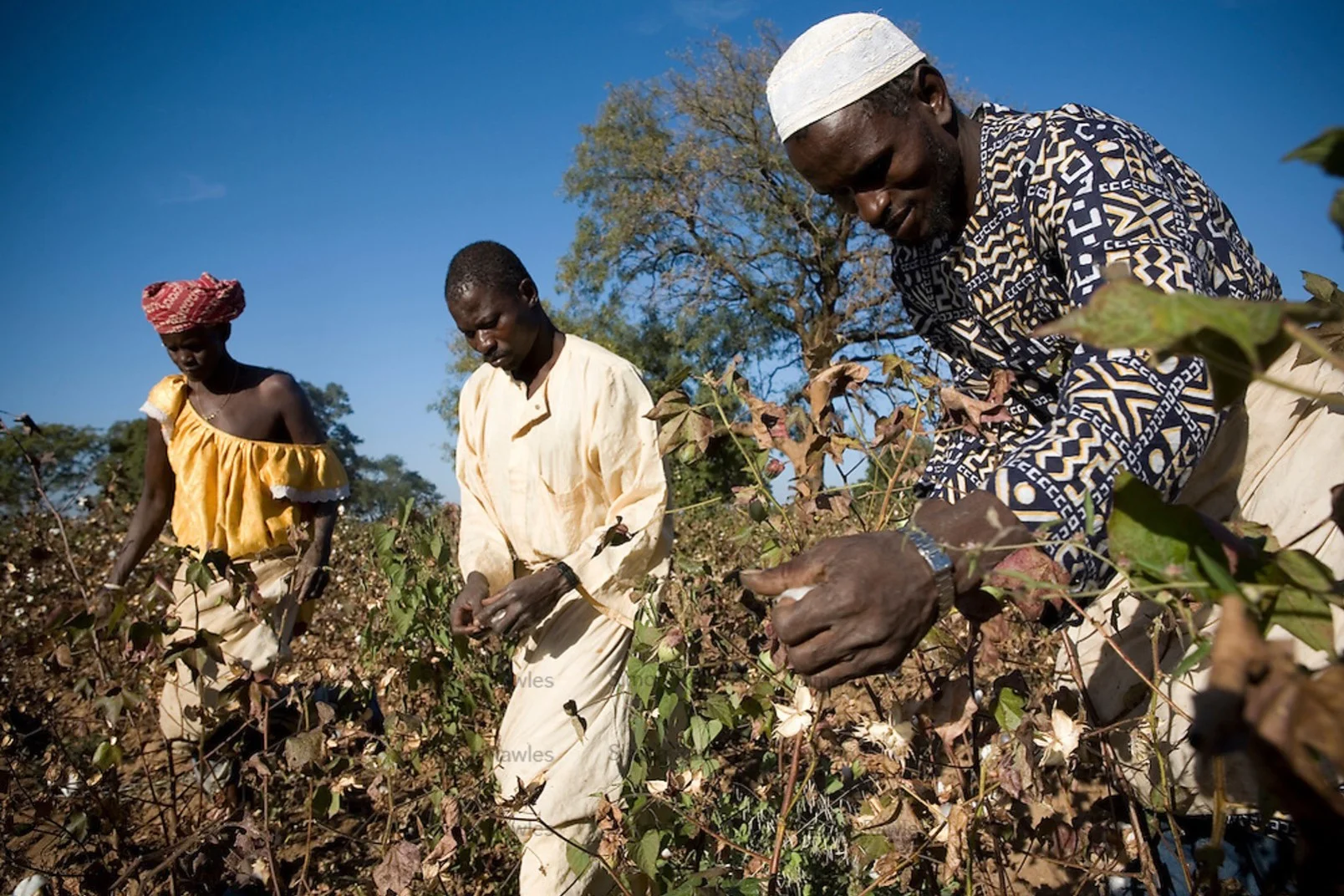Access to sustainable energy for all in Mali

Geres and its local partners (local authorities and farmer organizations) have launched various initiatives to address the energy needs of stakeholders in the territory, offering cost-effective, sustainable alternatives.
These efforts led to the concept of the Green Business Areas (GBA), an integrated solution that supplies electricity to small enterprises, cooperatives, and rural services, acting as a rural business accelerator.
In energy-poor areas of the Sahel, such as Mali, where the rate of rural electrification rarely exceeds 20%, decentralized energy solutions (micro power stations, mini-grids) can promote local processing and support the development of basic services and agricultural and craft value chains.
However, in environments with lacking education systems, tensions, social inequalities, and youth under-employment, access to electricity alone cannot systematically generate inclusive economic development.
By establishing a global ecosystem conducive to the development of rural entrepreneurship, the GBA can serve as a development tool for rural territories, creating value and jobs.
Electricity production is based on locally available renewable energy sources, primarily solar in the Sahelian zone. Sized according to the needs of rural businesses, the GBA provides an attractive technical and economic model for the private sector and rural electrification operators.
Objectives and Solutions
The project actively contributes to Geres’ scaling-up strategy in the rollout of decentralized solutions, focusing on four key operational priorities:
- Increasing Renewable Energy Production: Enhance renewable energy production in rural areas according to the needs of productive energy users by supporting decentralized clean energy solutions, particularly Green Business Areas, and promoting sustainable management and governance systems.
- Supporting Small Rural Enterprises: Assist very small rural enterprises and community groups to maximize the economic (added value, jobs) and social (food security, decent work, inclusion) benefits of energy access and develop the local economic fabric.
- Establishing Management Conditions: Set up a social enterprise and mobilize various funding sources to ensure ongoing management of the GBAs.
- Documenting and Disseminating Results: Document and circulate project results to stakeholders and disseminate lessons learned and benefits at local, regional, and national levels to stimulate wider-scale replication.
Long-term Goals
- 8 Green Business Areas operating in the three project regions
- 80 MWh/year produced from renewable energy sources and consumed by rural businesses
- 52 MWh/year for pumps in the vegetable production sector
- 120 Very Small Enterprises accessing high-quality electricity 24/7
- 16 vegetable production schemes with improved water pumping facilities
- 250 direct jobs created and 750 indirect jobs consolidated
- Turnover of at least €500,000 generated by the VSEs (in year 3)
- 250 artisans and traders with access to decent working conditions
- 1 social enterprise set up to manage and develop the new GBAs
The Partners
Activities are carried out by Geres Mali in partnership with AMEDD (Association Malienne pour l’Eveil au Développement Durable), national state agencies (AMADER, ANADEB, AER), and technical partners (Association la Voûte Nubienne, Kafo Jiginew, etc.).
 Albania
Albania Algeria
Algeria Andorra
Andorra Argentina
Argentina Armenia
Armenia Australia
Australia Austria
Austria Azerbaijan
Azerbaijan Bahrain
Bahrain Belgium
Belgium Bolivia
Bolivia Brazil
Brazil Bulgaria
Bulgaria Cambodia
Cambodia Cameroon
Cameroon Canada
Canada Chad
Chad Chile
Chile China
China Colombia
Colombia Costa Rica
Costa Rica Croatia
Croatia Cyprus
Cyprus Czechia
Czechia Denmark
Denmark Ecuador
Ecuador Egypt
Egypt Finland
Finland France
France Georgia
Georgia Germany
Germany Ghana
Ghana Greece
Greece Hungary
Hungary Iceland
Iceland India
India Indonesia
Indonesia Ireland
Ireland Italy
Italy Jamaica
Jamaica Japan
Japan Jordan
Jordan Kazakhstan
Kazakhstan Kenya
Kenya Kuwait
Kuwait Latvia
Latvia Lebanon
Lebanon Libya
Libya Lithuania
Lithuania Luxembourg
Luxembourg Malaysia
Malaysia Maldives
Maldives Mali
Mali Malta
Malta Mexico
Mexico Moldova
Moldova Monaco
Monaco Morocco
Morocco Netherlands
Netherlands New Zealand
New Zealand Nigeria
Nigeria North Macedonia
North Macedonia Norway
Norway Oman
Oman

